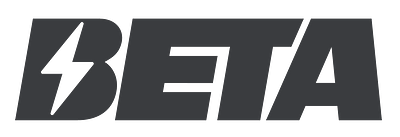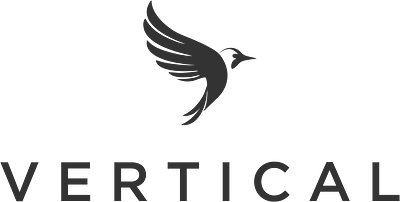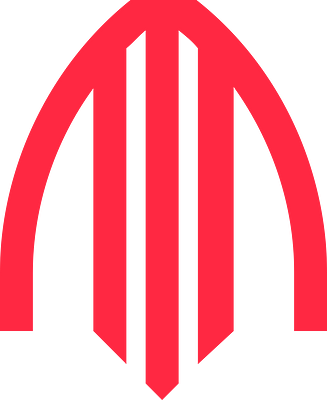
Systems Engineer, Flight Sensors
Apply now
Please let Joby Aviation know you found this job on Work in Green. This will help us grow!
Employment type:
Full time
Experience required:
Intermediate
Salary
Salary not provided
About the company:
Joby is a California-based company building quiet, all-electric aircraft to connect people like never before. Quiet as a conversation and with the ability to take off and land vertically, the Joby aircraft will change the way we move while reducing the acoustic and climate footprint of flight.
Joby Aviation is looking for a passionate engineer that can join our growing team. This is a multidisciplinary position that provides the engineer a chance to interact with many of the key teams within the company. The Systems Engineers will own the architecture, integration, and life-cycle success of a single or multiple aircraft systems, ranging from requirements management, development, certification, and entry into service. Systems Engineers will coordinate between the various departments - Mechanical Engineering, Electrical Engineering, Software, Flight Test, Manufacturing, Operations - as necessary to ensure the technical success of their systems. The Systems Engineers will work very closely with FAA Engineers and Joby DERs to ensure their responsible systems comply with all federal airworthiness regulations.
This position requires a solid understanding of aircraft systems, system development, and industry specific certification processes. Primary areas of responsibility may include avionics, electric flight controls, electric propulsion, energy storage and distribution, and mechanical systems. The most important traits at Joby are attitude towards the project, hard work ethic, and being able to self-manage and learn new skills. Forward thinking and thriving in a face-paced environment are highly regarded as well.
The Systems Engineer, Flight Sensors will be responsible for design of attitude and heading, positioning, air data, and ground sensing. The Flight Sensors System includes all the sensing, signal monitoring, and equipment required to provide data to the control law and the flight displays.
Specific systems:
- System 34 – Navigation
- System 92 – Radar
- System 93 – Surveillance
Responsibilities
- Generate, review, approve, and manage system requirements – including but not limited to regulatory, safety, human factors, design, environmental, manufacturing, quality, operational, and service requirements
- Design support including architecture trade studies, development and definition, interface definition, analysis, and modeling and simulation
- System integration and verification and validation testing including test planning, test case identification/development/reviews, detailed test procedure development/review, automated and manual test execution, data reduction and analysis, problem reporting and issue tracking, and test report writing
- Generate, review, and approve
o System safety analyses, such as FHAs, FTAs, CCAs, etc.
o Engineering drawings, schematics, and design specifications
o System and equipment test plans and reports
o Compliance documentation
o System engineering processes
o Engineering drawings, schematics, and design specifications
o System and equipment test plans and reports
o Compliance documentation
o System engineering processes
- Management, mitigation, and resolution of issues, risks, and opportunities using enterprise tools
- Preparation of artifacts and briefing materials for internal and external technical meetings and program reviews
Required
- Bachelor of Science in Engineering, Physics, or Mathematics required; Electrical, Mechanical, Aerospace Engineering preferred
- Minimum 5 years of industry experience
- Working knowledge of 2X.1309 analyses and processes, including Advisory Circular 23.1309-1E, SAE ARP 4761, and SAE ARP 4754A
- Use of requirements management tools
- Familiarization with safety assessment process, methods, and analyses- ARP 4761
o Functional Hazard Assessment (FHA)
o Fault Tree Analysis (FTA PSSA/SSA)
o Common Cause/Mode Analysis (CCA/CMA/ZSA/PRA)
o Failure Mode and Effects Analysis (FMEA/FMECA)
o Fault Tree Analysis (FTA PSSA/SSA)
o Common Cause/Mode Analysis (CCA/CMA/ZSA/PRA)
o Failure Mode and Effects Analysis (FMEA/FMECA)
- Familiarity with FAA Guidance (AC’s, TSO’s), Industry Guidance (RTCA, SAE, ASTM, ARINC, etc), and associated Standards for the pertinent functions
- Excellent verbal and technical writing skills in the English language
- Collaborative worker but self-sufficient and self-starter
- Basic knowledge of FAA regulations and guidance material and industry standards
- Working knowledge of DO-160G environmental qualification
- Proficient with Microsoft Office and Google Docs
Pursuant to various local, state, and federal regulations, you must show proof of your full COVID-19 vaccination status prior to your start date. Exemption requests are available for bona fide religious and medical circumstances.
Desired
- Aerospace industry experience in primary flight and propulsion control
- Electric vehicle technology experience
Similar climate jobs
These are some of our top picks for great climate jobs on Work in Green.

USA

USA

USA

USA

USA

USA
9 Transportation jobs at Joby Aviation
Joby Aviation is hiring Cook,Technical Recruiter Software (Contractor),Software Compliance Engineer, and more.

United States

United States

United States

United States

USA

USA